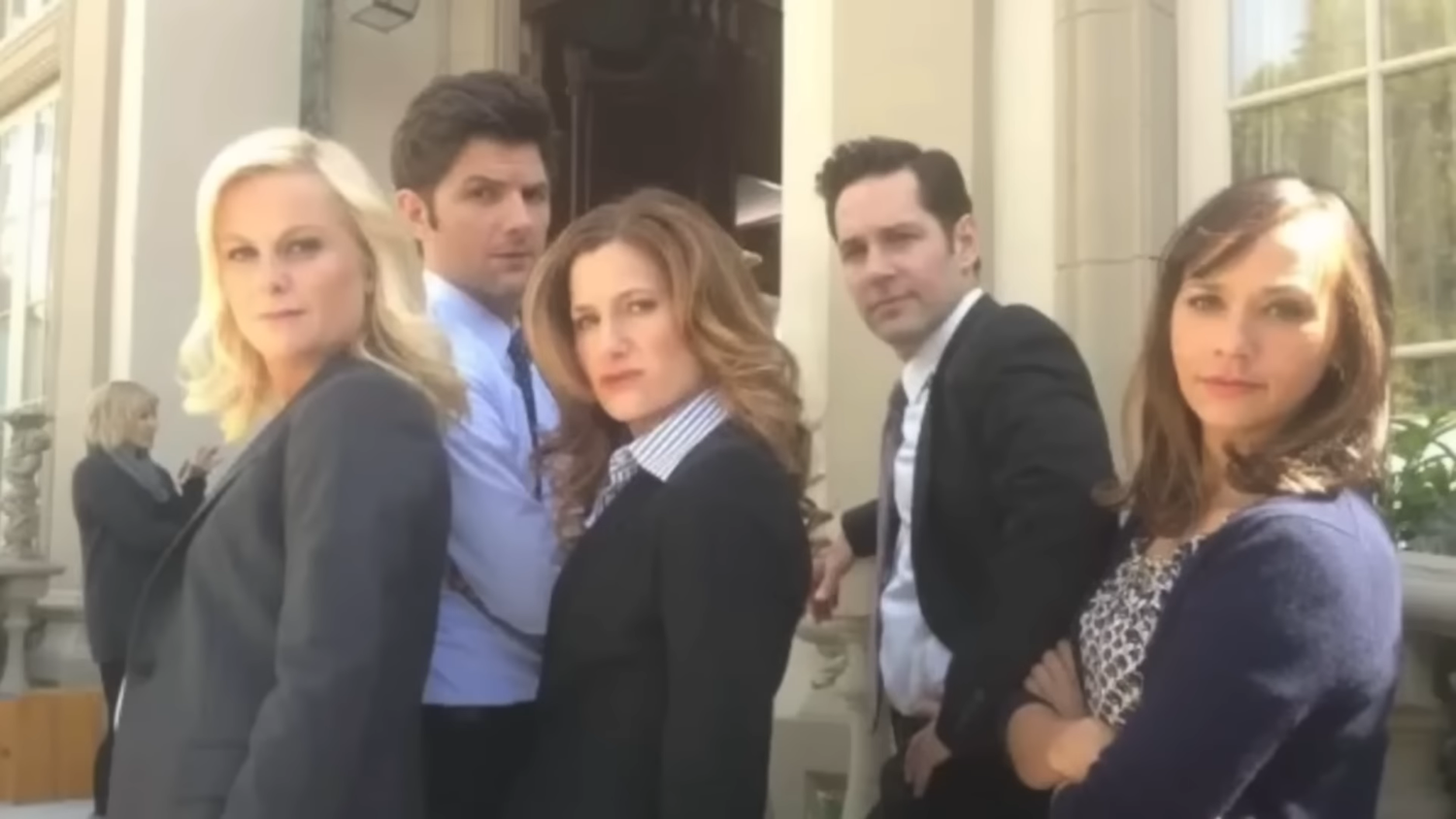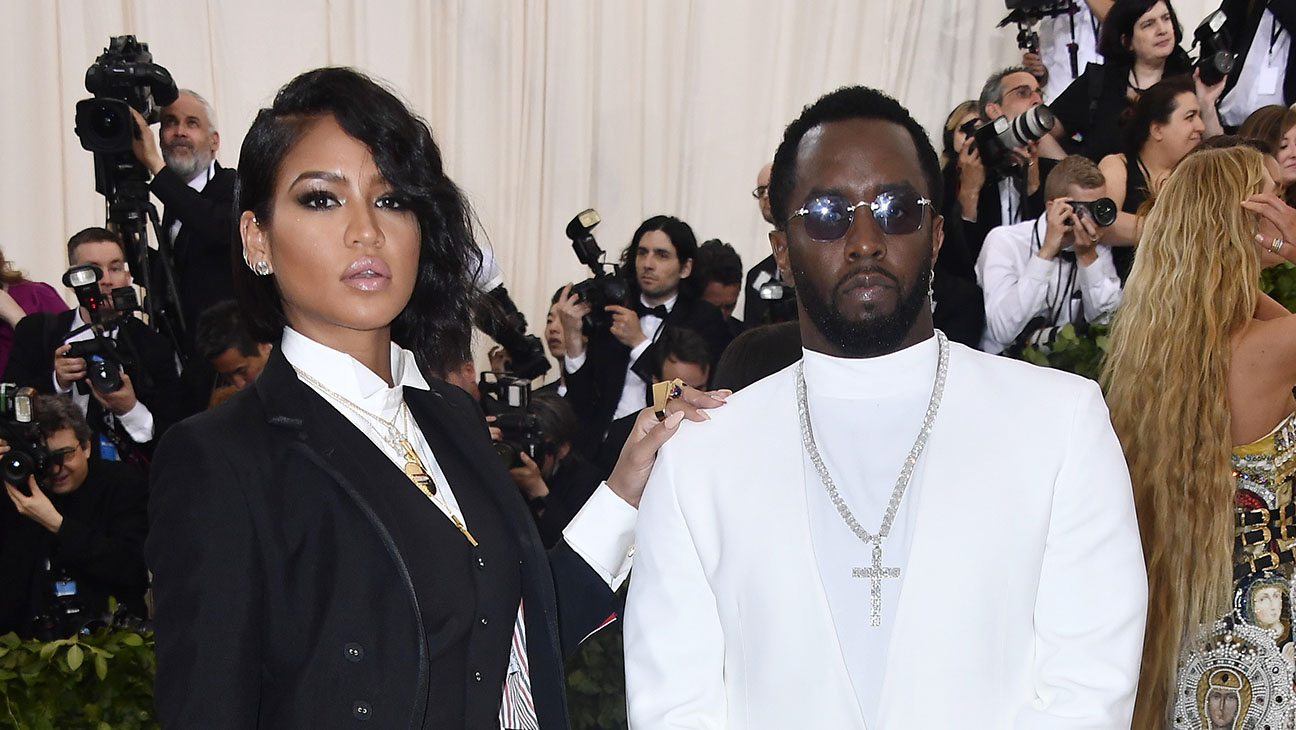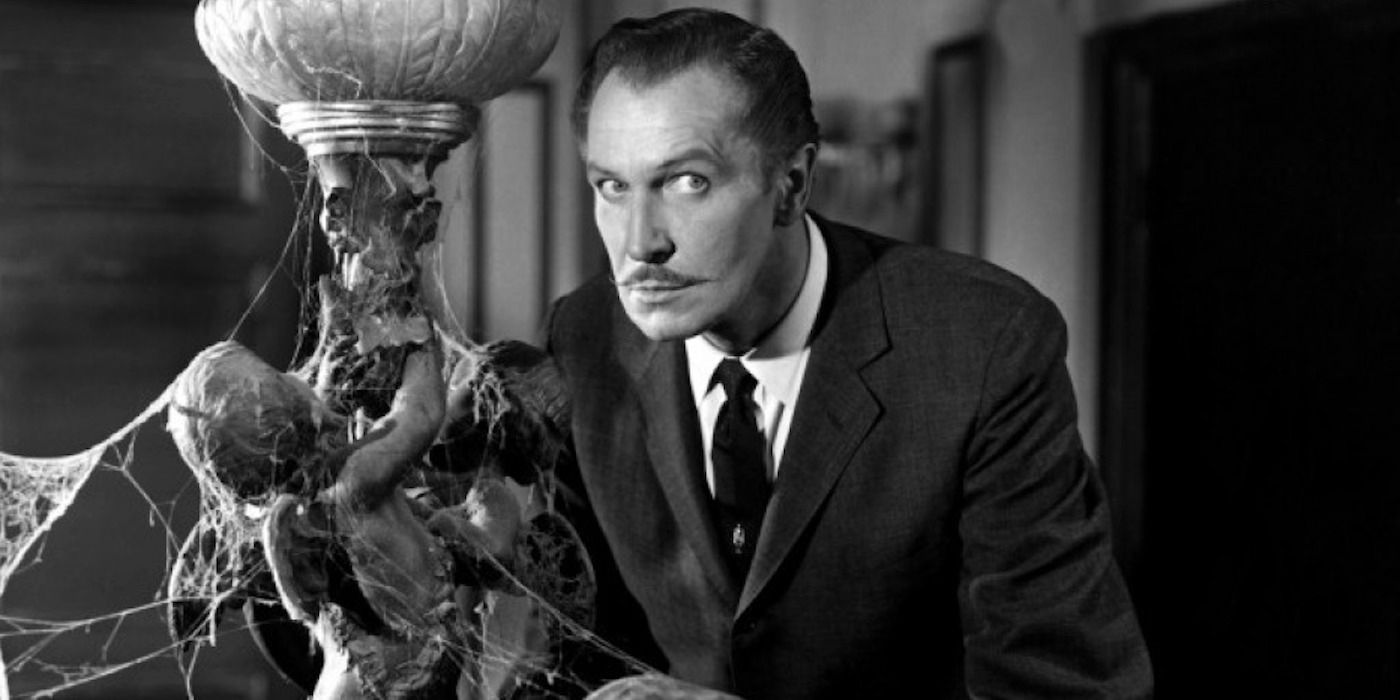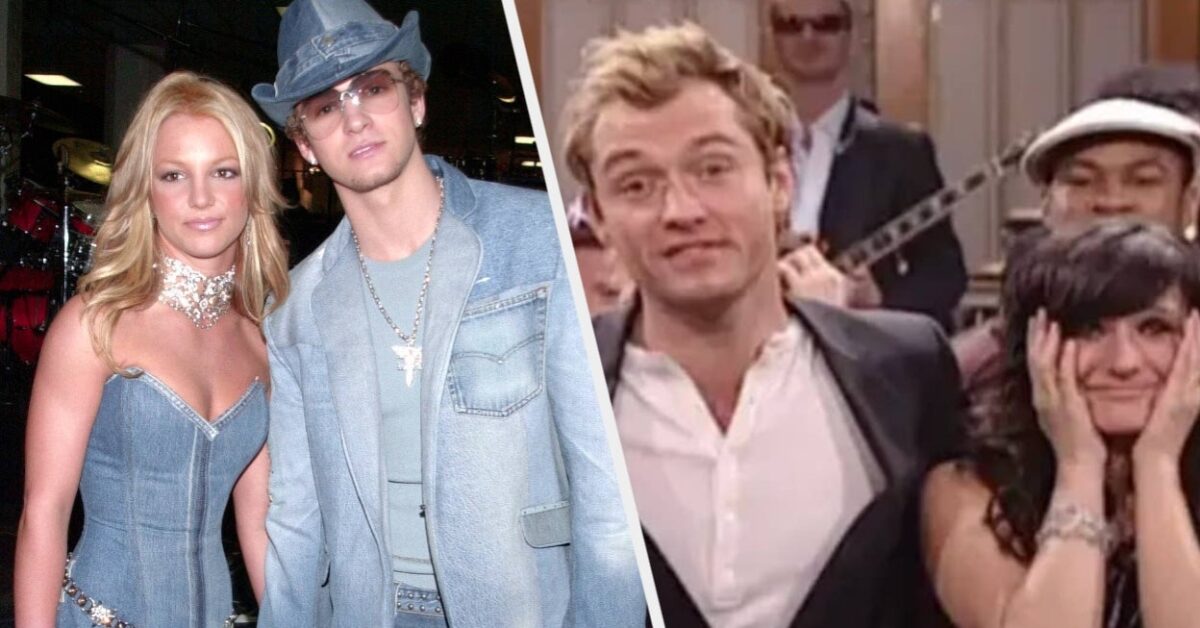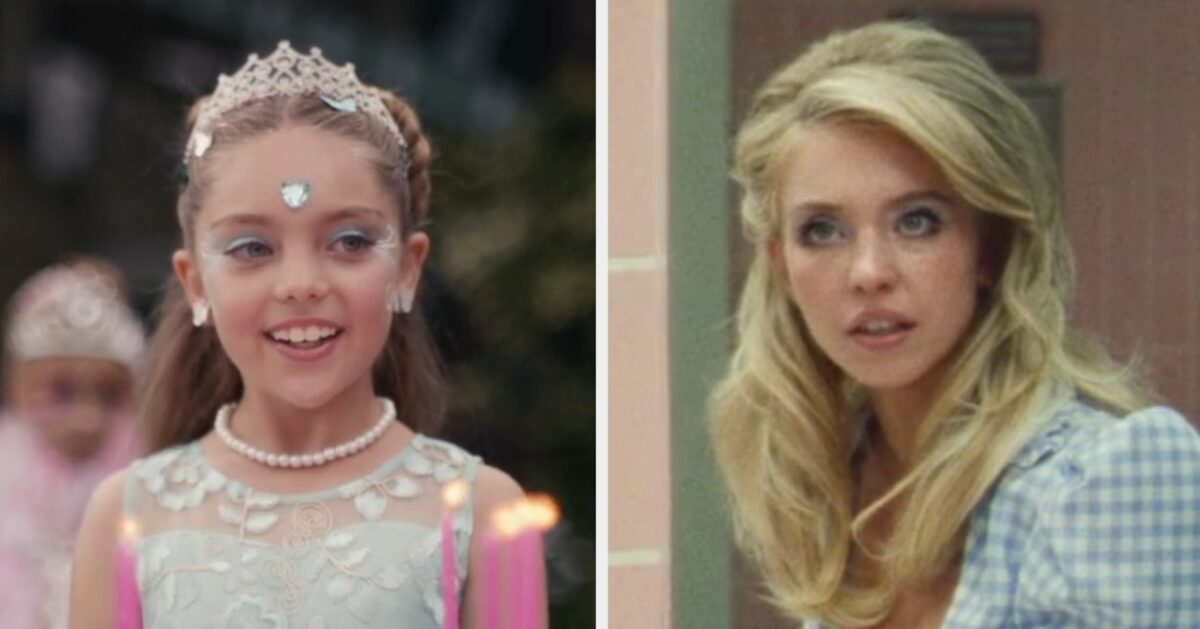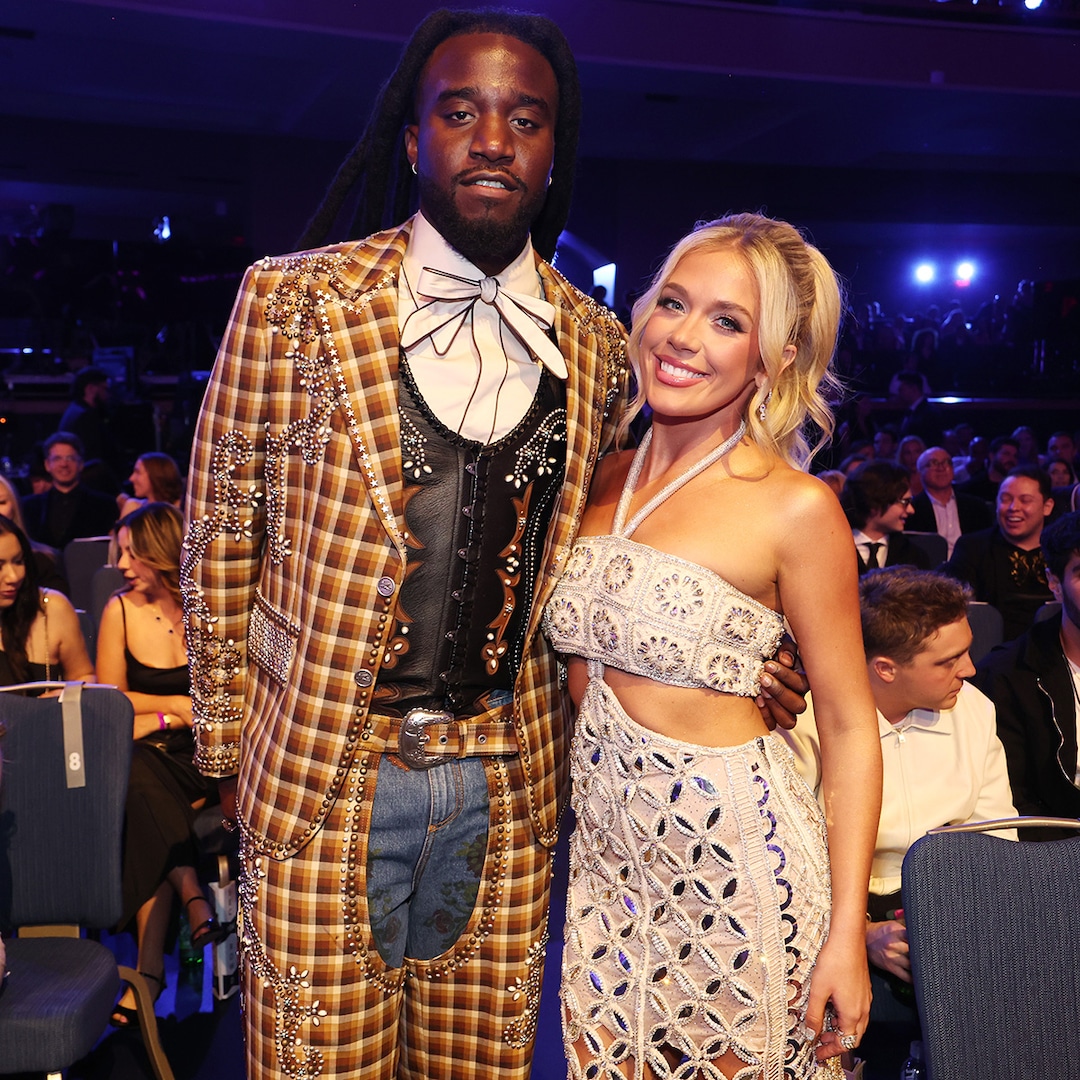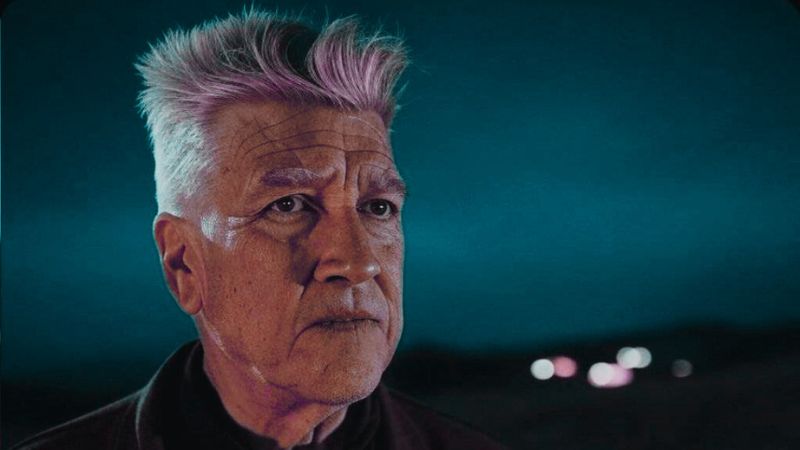
The Life and Legacy of David Lynch – Part 2
Jan 27, 2025
David Lynch has left the planet. Yet it still seems so surreal much like the body of work he leaves in his wake. After David’s passing, I got in touch with Matthew Kalil who has been a student of Lynch’s since the age of 13. Having taught screenwriting at the David Lynch Film School in Iowa for four years, the filmmaker and author of The Three Wells of Screenwriting gave me some beautiful insights into the legend that is and was David Lynch. Here’s what happened in Part 2 of our conversation.
I watched a documentary called The Art Life… and it’s all about David Lynch and his process. And what a fascinating life. And just so authentic as well, because he’s not playing for someone else.
You know, he’s himself, 100 percent. And he’s living the artist’s life, 100 percent, which is also an inspiration. And it wasn’t like when he wasn’t making film, he just stopped. He was constantly creating. All the time. Every day, there was some kind of artwork going on, and then he branched into music, which has always been a passion. And I love the fact that he can even bridge the worlds of film and television like he did.
He needed a little bit of help with the television. Mark Frost came on board with him to help write the first two seasons of Twin Peaks. And I think kind of showed him a little bit what TV is like.
But then in Twin Peaks season 3, he kind of threw that out the water and he was like, I’m just going to make 18 hour long movies. I’m going to make you watch them and not care about television structure at all, which is great. Very liberating.
I really appreciated that. And I think you were the first one to say to me that this is actually just a really long film. And what they’ve done is glued it together by just having a sort of exit and intro with the bar where music plays.
And if you had to edit that out, which I’m sure someone’s done by now, you could glue it all together and it would be an 18 hour film. And it would actually be just like, it’s almost like maybe a spiritual journey of that thing because it’s a monstrosity, but it is also so mesmerising the way that keeps coming up because he is swathing you in these visions and this mood and with these bizarre characters and setups and so fluid with the genre where he can make you laugh with the absurd at one point and then absolutely horrify you at the very next.
So, and that was part of what made Twin Peaks so special in its early days, is that audiences were not used to having that kind of fluidity to the genre and how it could embrace comedic aspects, but then also be the most terrifying thing you’ve seen.
Yeah, absolutely. So it’s mind games and a wonderful sort of thing. It’s funny because, you know, I was just looking on my phone here to try and find… I drew these pictures of David during the Zoom sessions that we have when he’s talking to the students. And I also write little quotes of what he said… just some one liners. And you’re saying about how like Twin Peaks season 3 is such a journey, even season one, two is just such a kind of diverse thing of fear and laughter and all these emotions that you experience.
And someone who was going to teach my course the next semester asked him… what do you want people to learn? What lesson would you like them to takeaway from all the good movies and everything? And he said, the lesson I would like people to take from studying my work is have fun and be happy. Which I thought was like, yeah, have fun and be happy.
When he was creating, he was his happiest. And he was genuinely a happy person. Although he says that before doing Transcendental Meditation, he was very unhappy. He talks about the suffocating clown suit of negativity. He would wear this rubber clown suit of negativity all around him. It would affect everything.
And when he meditated, he found a way of releasing that sort of suffocating clown suit of negativity. And the first feature film he made during Eraserhead, he was really struggling. But I think he got some lightness from doing meditation and something lifted him up.
And even though his subject matter is sometimes extremely dark and you can see depression through running through his work to an extent, he wasn’t a negative person at all. Not at all the opposite.
I remember watching his masterclass and his analogy about the fish and the idea. And what I really appreciate about him is that I think he did a lot of his work through raw intuition. And it wasn’t like there was this fixed kind of structure. I mean, he did say, you need 70 ideas to kind of put together a film scenes.
But the impression I got in terms of the way he worked with crew and cast is that he was looking for that sort of magic organic quality to the chemistry. And then also allowing things to adjust in a way that was part of his vision, but not being so inflexible as not to be able to roll with things and make them better.
He was very open to synchronicities on set. And if something would happen that would somehow speak to him in that moment, he’d be very conscious of being present and I think would roll with things. But he also had a very clear vision.
And this is what I found inspiring, but also on a personal level, kind of challenging is that he would picture things in his head and then he’d recreate them on set. Even if he had to bring in a whole lot of production design and a whole lot of lighting and a whole lot of everything to get that vision in his head onto the screen.
And he was uncompromising in that way. And that is amazing. As a filmmaker as well, it’s like everything is compromised very often, or it has been for me in my life. And it’s kind of inspiring to think, wow, he had a vision in his head and he recreated it on the screen. And for me, it’s a bit challenging because the visions I have in my head to get them onto the screen, I need millions of dollars to get that done.
But he just did it. I’m sure there was compromise to a certain extent, but I’m not even sure if there was with him, to be honest. I think he would push people, but not in a way like Kubrick, Stanley Kubrick would really push his actors to the point where he’d do like 80 takes of Tom Cruise walking through a door.
Whereas Lynch would also do many takes. And he was compromising. Google “David Lynch throwing a fit” if you want. I mean, it’s not David’s best moments, but he did work really hard to get those visions. But everybody loved working with him. It was amazing. He was just like everybody you speak to in the industry loved working with him. There’s never a bad thing said about him, which is very rare for a director.
It did seem as though he had a very collaborative spirit. And one of the other things that I really admire about him, even though it was uncompromising in terms of his personal vision, was that he was also very resourceful and creative. Because I remember the one story about how his budget, or I can’t remember the controller’s name for it, but he was on David’s case because there had been rain and a scene had been delayed and they needed to pick it up and get moving. And so his creative solution to this rain affecting play was to have two guys basically in the background of the scene, this is Lost Highway, among the puddles where the rain had happened, to have them basically with hoses spraying each other in the background.
And I just thought to myself, that’s a great way of handling that. Now we know where the water came from. And also it’s weird enough to be like, okay, well, it’s David Lynch. So I just really appreciate it. There’s a touch of humour in that. It makes me think of the background scenes in The Naked Gun, but obviously not to try and get the laugh… just to have this sort of unusual thing happening in the back.
So yeah, I think he was street smart as well as creative, not sort of uncompromising to the point of being detrimental to the project. And he was not intellectual. This was also very surprising.
Not at all. He never read any books, maybe a few, but people would ask him which was his favourite, but he’d always say the same books. And he would do something like that with the hosepipe, but it makes sense because in Blue Velvet it starts with a guy dying and he has a hosepipe and the dog’s attacking the water from the hosepipe.
And then in The Straight Story, there’s a scene with a kid and there’s a little hosepipe and a bit of water and in Lost Highway there’s the hosepipe. So it makes sense. So I can imagine him seeing the hosepipe and for him it links to a series of things that he’s obsessed with.
He’s extremely obsessive. I mean, I don’t know diagnoses or anything like that, but on the OCD spectrum for sure, or some sort of a spectrum, a hundred percent. And so he would get obsessed with themes, which you would see repeating again and again in his work.
And then as viewers, you get obsessed with them and then you start recognising them in his work. And I think he used to work in that way that was quite organic. But as soon as you said hosepipe, strange… I was like, yeah, that makes sense for his work.
And I can see how in that moment it would make sense to him. There are so many books about Lynch. There’s Freudian analysis of his work and there’s Jungian analysis and whatever analysis.
But he doesn’t come from that perspective knowingly. He hasn’t read Freud and Jung, I don’t think at all. But because he operates very authentically in a space as a human on the planet, he starts accessing these things like the id and the superego and they start being expressed in his work.
And then you can use those intellectual tools to translate his work. But a hundred percent, he’s not working on the level of an intellectual filmmaker. Kubrick is maybe a little bit more intellectual to an extent, even though he also didn’t study after school.
They’re both very similar I find. And David tells the story about how he found out that Kubrick’s favourite film was Eraserhead, which he was like, “oh my gosh, I can’t believe that Kubrick loves my work”. And of course, they’re both these great names who we will remember forever.
David is such a fascinating person as an individual. I remember, I was watching an interview where he’s talking to him and stumbled upon the fact that he has the same lunch every single day, which is a tuna salad.
He is a fascinating character. And I think his interviews are all very entertaining. And his weather reports that he was doing as well, just accesses this creative genius that is sort of very unpretentious, even though his work speaks volumes and has got such an emotional and intellectual depth to it that is worth discussing like we are, but that he can also have his feet so firm on the ground that farmlands and the simplest of ordinary is still a complete fascination to him. And that he’s not seeing himself as better than anyone.
No, no, never. And he’s, he would do things like woodworking is very big for him. He loves wood and making a chair, for example, would be something that you could be fascinated by how it works. What is David making today… stuff on YouTube, it’s like he makes these small random things like things for holding his cell phone, but then he gets obsessed about how the simple mechanical things work and almost like a journeyman worker type thing.
Yeah, surprising modesty, I think is maybe also another word because he is so revered and so well-respected and admired and lauded with praise that most other directors and directors, you know, they do tend to have some ego would kind of skyrockets through that and Muhammad Ali the whole thing. But for David, it just seemed as though he was happy just being able to carry on working. I mean, like, honestly, that just seemed as though, oh, great, I get to make another film or I can release the soundtrack of this album. What a gift. And that was his attitude. It was like this cheerful, what a dream I’m living.
Absolutely. The dream he actually loved was being able to be an artist through everything. And he would do things like film a bug crawling on his windowsill and turn it into a piece of artwork or he would just constantly create all the time.
It was quite amazing. What I also found is that he’s a master of being able to take something and completely re-engineer it, something simple and use sound and visuals in a way that they conflict and contrast so beautifully that it completely changes the meaning of both as they intermingle. I tried doing something similar where I just had this video of people mowing their lawns and then I found some music from Twin Peaks and it’s like a dream-like sequence now – inspired by Lynch. But, you know, he’s been such a huge inspiration to so many filmmakers and budding filmmakers.
He’s kind of owns a certain mood and tone now. And I see students trying all the time. And sadly, it’s like they try and they can do exactly the same thing, but it doesn’t have that Lynchian quality to it. It feels Lynchian, but it doesn’t have his authenticity in some way. I don’t know.
It’s like an organic intuition and there’s a dream logic to it as well because he has a film that has structure to it, but it’s like a dream logic is the kind of phrase I think of because it’s still operating according to some rules. And that’s what you’re talking about with the hose earlier. There are recurring themes, just like dreams.
You might have the same object or thing come up in several dreams. And there’s like this Lynchland universe where they didn’t really go there, but imagine having one character from Mulholland Drive just entering Lost Highway and it wouldn’t really change things because the tone is so similar to all his work. Maybe The Straight Story, you would have that guy from Winky’s Cafe.
That might be a bit of a jarring moment. Well, the Winkie’s Diner moment in Mulholland Drive stands out as a weird moment from a different movie almost. Definitely worth seeing that scene.
What are some of your favourite moments from across the spectrum?
So many. Sure. Wow. I’m stumped now.
Yeah, it does work like that.
I’m thinking like, I mean, I can picture many. I’m not stumped. I’m just kind of overwhelmed. I think he’s fascinated with stars and the universe and stuff. I love those moments in his movies where he uses stars. Dune starts with stars. The Elephant Man has stars in it, I think, at the end as well. It’s like this sort of, he’s reaching for a higher state of consciousness in some way in those shots. And I love those moments, always uplifting almost, which I love. But there’s so many.
I mean, I love the just crazy quirky in dream singing in Blue Velvet, obviously. Some of his work, I can’t even watch, to be honest. There’s some scenes in Blue Velvet where Frank starts doing his stuff with Dorothy. And I’m like, no, no, no, I can’t even watch that. It’s just too guttural. It hits me in the place in my body.
And I think what’s quite interesting is that sometimes his work literally… if you believe in chakras or whatever in the body, it’s like parts of the body, it just hits you gutturally. And those can be fun and then can be disturbing as well. So, yeah, it’s kind of tricky to pick one moment, but there’s so many.
Actually, you know what? I’ve got one. Got it. My favourite Lynch moment. Twin Peaks season one, when Agent Cooper is trying to solve this mystery and they’ve really hit a dead end and they don’t know what to do. And he takes all the people, the detectives, and they take him out somewhere to this little forested area. And he’s got this whiteboard, like a blackboard thing, and he flips it around and there’s a map of Tibet.
And he says, “this is Tibet”. And then he starts doing this thing where he talks about Tibet and the spiritual concepts that he got from there. And then they write all the people’s names down on the list as to the suspects. And he takes a rock and he throws it. He tries to hit a bottle with these rocks. Anyway, it’s great.
It’s like this sort of like detective deducing technique that relies on chance, the body, and the memory in the body. And it’s like, it’s absolutely absurd, but I love it. It’s hilarious as well because of what happens in the scene.
What’s funny is that the scene has got this kind of transition from like weird cops doing hilarious things. It’s got this funny moment, where the cops are all like standing around and they’re eating their doughnuts. But then when the thing happens as they’re trying to hit the bottle… this ominous music comes in and suddenly you’re like, “whoa, yeah, we hit the bottle”. And it’s just amazing because it covers the whole spectrum of his stuff and also I was probably 21-ish when I first saw that scene. And so it kind of stayed with me.
Yeah. It’s like a David Lynch capsule.
Yeah. Because it’s talking to the spiritual aspect of him. There’s multi-genre-ness, the absurdity, the fear, the darkness. Maybe that’s a great one to have because it just encompasses it all.
Publisher: Source link
Cringe ’00s Pop Culture Moments We Can’t Forget
Cringe '00s Pop Culture Moments We Can't Forget No matter how nostalgic you feel, it's hard not to admit that the 2000s were a decade of cringe. Recently, the BuzzFeed Community shared the pop culture moments from the '00s that…
May 30, 2025
The Real Housewives of London Cast Revealed
The Housewives are hopping the pond. Hayu has revealed the first look at the cast of the upcoming reality series The Real Housewives of London—and one costar might look very familiar to Bravo fans. The six England-based stars include Ladies…
May 30, 2025
What’s The Best-Cast Younger Version Of A Character?
What's The Best-Cast Younger Version Of A Character? Oftentimes, the "younger version" of a character doesn't bear much resemblance to the main actor other than, like, their hair color. Sometimes, however, the casting is so good that it's hard to…
May 29, 2025
Shaboozey Defends Megan Moroney Against “Hateful” Comments After AMAs
Shaboozey is clearing the air. The “A Bar Song (Tipsy)” singer came to the defense of Megan Moroney, pushing back on the criticism the “Tennessee Orange” singer has received since the 2025 American Music Awards where he seemingly rolled his…
May 29, 2025
